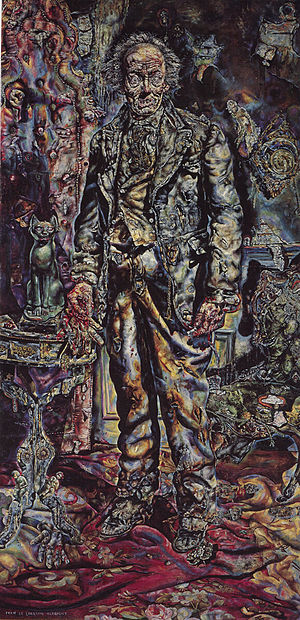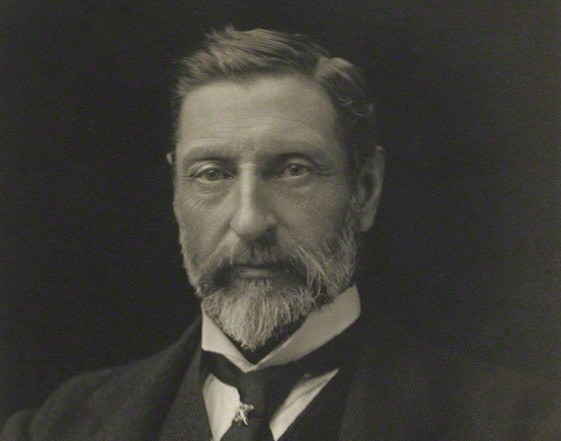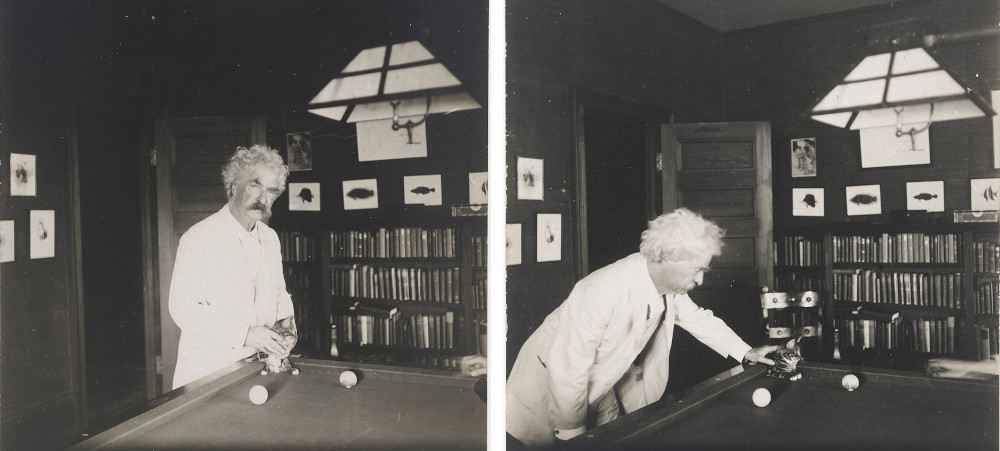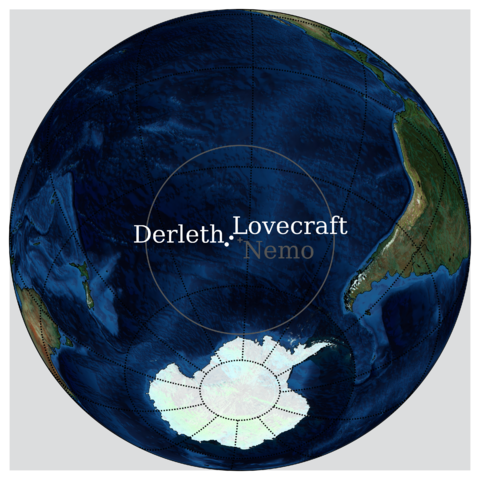Excerpts from the notebooks of English belletrist Geoffrey Madan (1895-1947):
Two impressions remaining, after a life of scientific research:
1. The inexhaustible oddity of nature.
2. The capacity of the human system for recovery.
— J.B.S. Haldane
“With people like you, love only means one thing.”
“No, it means twenty things: but it doesn’t mean nineteen.”
— Arnold Bennett’s Journal
“I simply ignored an axiom.” — Einstein, on Relativity
“Nowhere probably is there more true feeling, and nowhere worse taste, than in a churchyard.” — Benjamin Jowett
Happiness, only a by-product.
The fine flower of stupidity blossoms in the attempt to appear less stupid.
Boy, wanting to be a “retired business man.”
“Stand on the Right — and let others pass you.” — Directions on an Underground Escalator
“My sad conviction is that people can only agree about what they’re not really interested in.” — Bertrand Russell, New Statesman, 1 July 1939
The doctrine of omnipotence means that life is a sham fight with evil.
“All men wish to have truth on their side: but few to be on the side of truth.” — Archbishop Richard Whately
“Half-knowledge is very communicable; not so knowledge.” — Mary Coleridge
“Mastery often passes for egotism.” — Goethe








